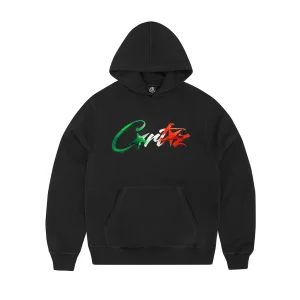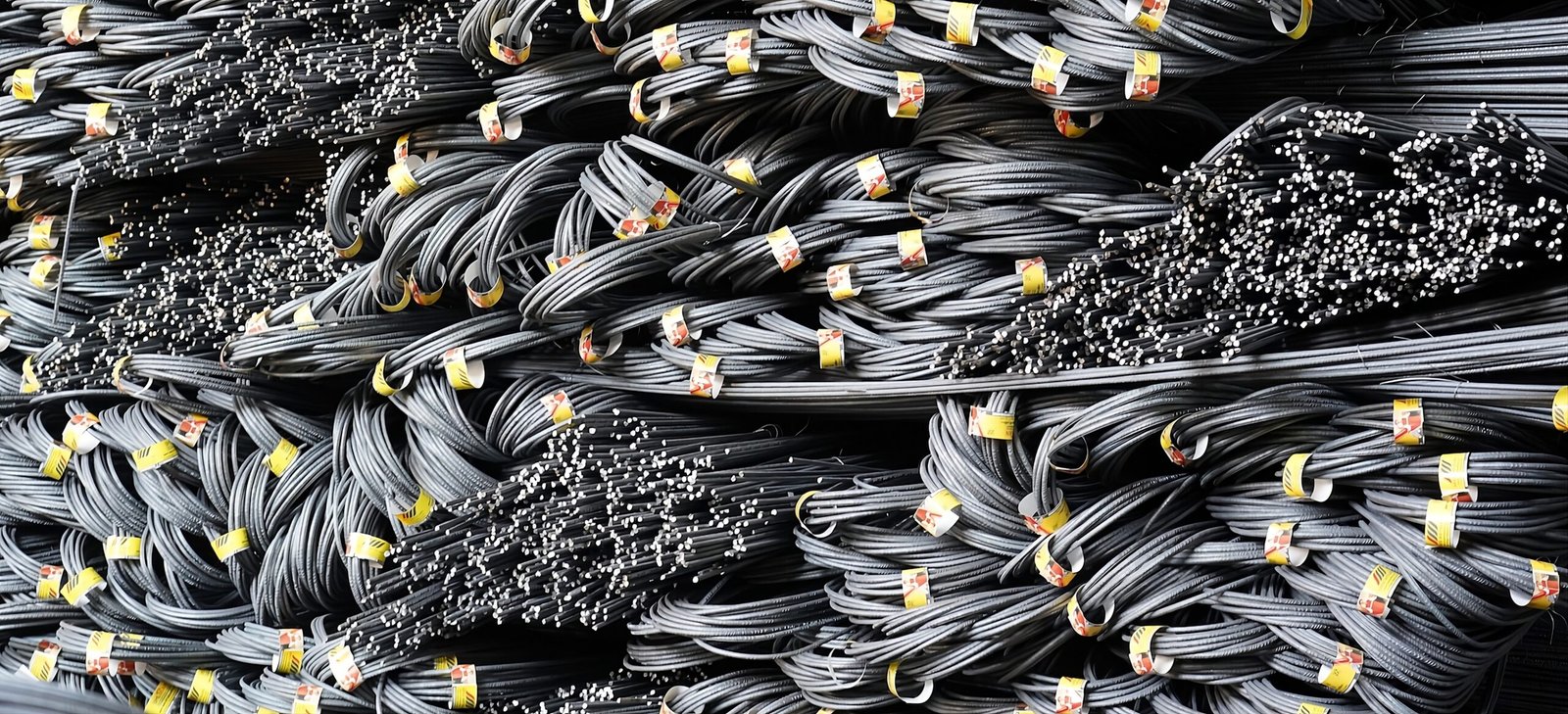Mortuary chambers are helpful equipment in hospitals, forensic labs, funeral homes, and research centers. These chambers have a controlled environment that makes them perfect for keeping bodies at lower temperatures without losing their dignity until other arrangements can be made.
The role of mortuary chamber suppliers and manufacturers is becoming increasingly important as more individuals require clean and safe storage.
This blog will cover a complete understanding of mortuary chambers, their functions, how to choose a suitable one, and the major role of suppliers and manufacturers.
What You Will Learn
- The significance of burial chambers
- Key qualities and functions
- Hygiene and safety standards
- Widespread application in various industries.
- How suppliers and manufacturers add value
- Industry trends and innovations
- A real-world purchasing guide
- Prospects of mortuary centers.
Importance of Mortuary Chambers
Mortuary chambers work to decelerate the act of decomposition. Through temperatures of 2°C to -5°C, they respectfully preserve human remains. Hospitals use them to handle cases while families finalize formalities. Forensic laboratories also use them to keep evidence that will be used in investigations. Funeral homes and schools also use them for their own needs.
A good mortuary chamber provider assists entities in accessing proper equipment at critical times. In contrast, a mortuary chamber manufacturer is involved in chamber design as well as chamber production, conforming to high-quality standards. Together, they help institutions to handle sensitive situations with efficiency.
Key Features and Functions
Modern funeral rooms are designed to serve long-term needs efficiently. Some of these important features include
- Temperature Control – Variable range of 2°C to -5°C.
- Durable Material – Stainless steel interiors and exteriors for hygiene and strength.
- Energy Efficiency – Reduced power use with higher efficiency refrigeration equipment.
- Multiple Compartments—Options for single or multi-body storage.
- Safety Locks and Alarms—For safe operation and security.
- Mobility Options – Some units come with wheels for easy movement.
These features ensure that mortuary chambers are easy to use, maintain, and operate in critical environments.
Hygiene and Safety Standards
Hygiene is one of the most important things about mortuary chambers. Manufacturers make them with smooth, easy-to-clean surfaces because they deal with delicate biological materials. Rust and dirt cannot penetrate stainless steel.
To keep the air clean, ventilation systems are often built in. Safety locks and alarm systems prevent unauthorized access and notify staff of any technical issues. Compliance with health and safety norms is mandatory, ensuring that both employees and remains are treated under safe conditions.
A reliable mortuary chamber manufacturer always applies strict quality testing, while providers ensure that the installations meet safe standards at the customer’s site.
Applications Across Sectors
- Hospitals and Clinics – To keep bodies for a short time until family members are ready for the final rites.
- Forensic Laboratories – For preserving remains for autopsy, investigation, and gathering evidence.
- Medical Colleges and Research Institutes—To teach anatomy and conduct research studies.
- Funeral Homes – To provide families with more time for arrangements and ceremonies.
In all of these cases, speedy delivery and reliable manufacturing are valuable in maintaining everything in good working order.
Role of Suppliers and Manufacturers
Suppliers link manufacturers with end-users. They assist organizations in selecting a suitable model, provide installation services, and guide individuals on its use. Most of the suppliers also take care of maintenance contracts to keep the equipment in proper condition.
Manufacturers, however, pay attention to new ideas, testing, and following rules. A reliable mortuary chamber maker creates chambers that last longer, use less energy, and meet global standards.
Together, suppliers and manufacturers build a dependable system where institutions can confidently rely on the equipment for sensitive needs.
Industry Trends and Innovations
The mortuary chamber sector is also constantly changing due to developing technology. Some key trends include:
- Digital monitoring systems for tracking performance and temperature.
- Eco-friendly refrigeration systems that use green gases and consume less energy.
- Custom-Built Units – Chambers designed to meet the specific requirements of the hospitals or laboratories.
- IoT and Smart Alerts – Integration with mobile devices for remote monitoring.
- Compact Designs—Space-saving units for smaller facilities.
These innovations demonstrate the determination of mortuary chamber suppliers and manufacturers to enhance efficiency, reduce costs, and ensure hygiene.
Buying Guide: How to Choose the Right Chamber
The choice of an appropriate mortuary chamber involves careful consideration of different factors. Organizations should take into consideration:
- Capacity – It will vary with the number of compartments needed. Small hospitals will need one or two, while large hospitals will need four, six, and so on.
- Material Quality—Stainless steel is a good option, as it won’t rust and is also easy to clean.
- Temperature Range – Ensure cooling remains constant in the range of recommendations.
- Energy Use – Energy-efficient compressors reduce operational costs.
- Design and Space – Ensure that the unit will suit the space that you possess.
- Compliance – Ensure that it meets national and worldwide standards of safety.
- After-Sales Service – Choose suppliers that will provide regular maintenance and support.
- Budget—Compare cost to long-term durability and performance.
By paying attention to these aspects, market decision-makers can invest in safe, efficient, and long-lasting chambers.
Future Outlook of Mortuary Chambers
The market demand for mortuary chambers will continue to rise as medical infrastructure improves. The increasing number of hospitals, forensic laboratories, and research centers will further boost the demand for modern and power-saving chambers.
Future designs are likely to focus on
- Automation – Fully automated, self-regulating, and self-cleaning systems.
- AI Integration – Early warnings of the problem through predictive maintenance.
- Sustainability—Wider use of environmentally friendly materials and refrigerants.
- Scalable Solutions – Modular chambers that can be expanded as per requirement.
The developments will ensure that mortuary chambers are more reliable, efficient, and aligned with global sustainability objectives.
Conclusion
Mortuary chambers are necessary to uphold dignity, cleanliness, and efficiency of operations within sensitive settings. A mortgage chamber supplier and a manufacturer work together to provide institutions with safe, long-lasting, and high-quality equipment.
By understanding their role, key features, and safety guidelines, as well as market trends, organizations can improve decision-making in investing in such chambers. With innovations continuing to influence the industry, mortuary chambers will always be an essential constituent of healthcare, forensic, and research institutions in the world.












Leave a Reply